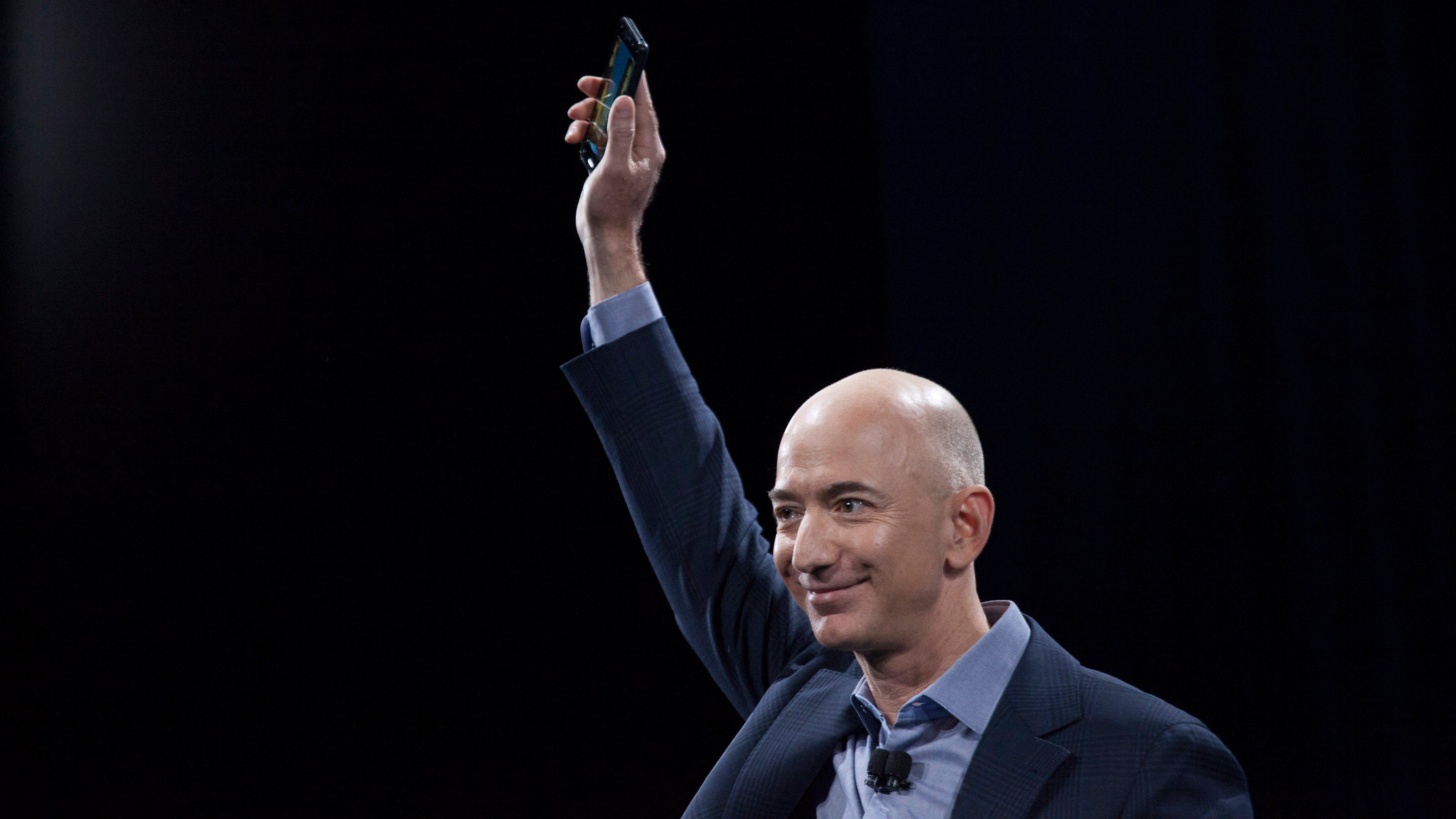- Amazon will not pay federal income tax for the second year in a row, according to the Institute on Taxation and Economic Policy, despite being a company currently worth $793 billion.
- President Trump has criticized the company for this, yet he reduced the corporate tax rate, making it even easier for large companies to pay less.
- In September 2018, Amazon became the second US company to reach a value of $1 trillion.
- Last year, Business Insider’s Steve Kovach broke down how Amazon legally gets away without paying federal tax.
- (Some information such as Amazon’s HQ2 has changed since this video was originally published in 2018. See our coverage here for the latest Amazon news.)
Following is a transcript of the video.
Steve Kovach: Amazon is the new favorite punching bag for conservatives.
Tucker Carlson: The company’s tax payments are not keeping up with its great wealth – okay that’s a profound understatement.
Kovach: Wait, not paying enough taxes? That doesn’t sound too conservative to me. This sounds conservative.
George Bush: Read my lips, no new taxes.
Kovach: But attacking Amazon for its tax practices is the new conservative line today. That's mostly because President Trump has been attacking Amazon over and over again about how it pays taxes and he's been at it for years.
Donald Trump: Amazon is getting away with murder tax-wise.
Kovach: But believe it or not, in some cases, Trump is right. Amazon's profits in 2017 were about $3 billion and it paid almost no federal taxes.
Bob Bryan: Amazon avoids paying federal taxes using a variety of tax credits and tax exemptions that are legal and built into the U.S. federal tax code. Some of these can include the research and development tax credit which allows them to deduct some of the costs of new investments and also a big one for this past year was the ability to deduct stock-based compensation of executives.
Kovach: Amazon does a really good job at avoiding federal taxes, and for most of its existence, it avoided charging you state sales tax. That's because of a Supreme Court case from 1992 that prevented states from collecting sales tax from e-commerce companies. It allowed Amazon and other retailers to sell tons of stuff to you effectively tax-free. By 2017, that all changed, Amazon started charging sales tax in all the states that have it, but it's not that simple, a lot of third-party sellers sell stuff through Amazon as well, and many of them don't charge sales tax.
Bryan: A lot of sites show that there are tens of millions of dollars every year in state sales tax that go uncollected from third-party sellers.
Kovach: Meanwhile, Amazon is looking for even more sweet tax deals. You've probably heard of HQ2, the new campus that it's trying to build somewhere in the United States, and cities are tripping over themselves to come up with new incentives to get Amazon to come into their town. New Jersey, for example, is offering $7 billion in tax breaks if Amazon builds its new campus somewhere around Newark, New Jersey. Those aren't the only tax deals Amazon has gotten. From 2005 to 2014, it's gotten over $600 million in tax breaks to build warehouses in certain states. It got another $147 million in tax breaks for building data centers around the country. Keep in mind Amazon is valued at over $700 billion, it's not like the company is struggling to save money. Amazon may be getting a lot of attention right now because of President Trump's attacks, but its tax practices aren't unique. A lot of big companies find ways to pay as little tax as possible.
Bryan: If you look at actually kinda the aggregate of the S&P 500, so the biggest 500 companies in the U.S., even though the old statutory tax rate was 35%, the average tax rate that was being paid last year was around 22%.
Kovach: The irony here, of course, is that even though President Trump loves to blast Amazon for the way it doesn't pay taxes, he's putting new laws that make that easier to happen. He just reduced the corporate tax rate from 35% to 21%, oh and that applies to himself too.
Hillary Clinton: He didn't pay any federal income tax, so--
Donald Trump: That makes me smart.
Correction: A previous version of this video sited the Internet Tax Freedom Act, instead of the Quill Corp. v. North Dakota Supreme Court case, as the reason why Amazon was able to avoid some tax payments.
EDITOR'S NOTE: This video was originally published on April 26, 2018.
